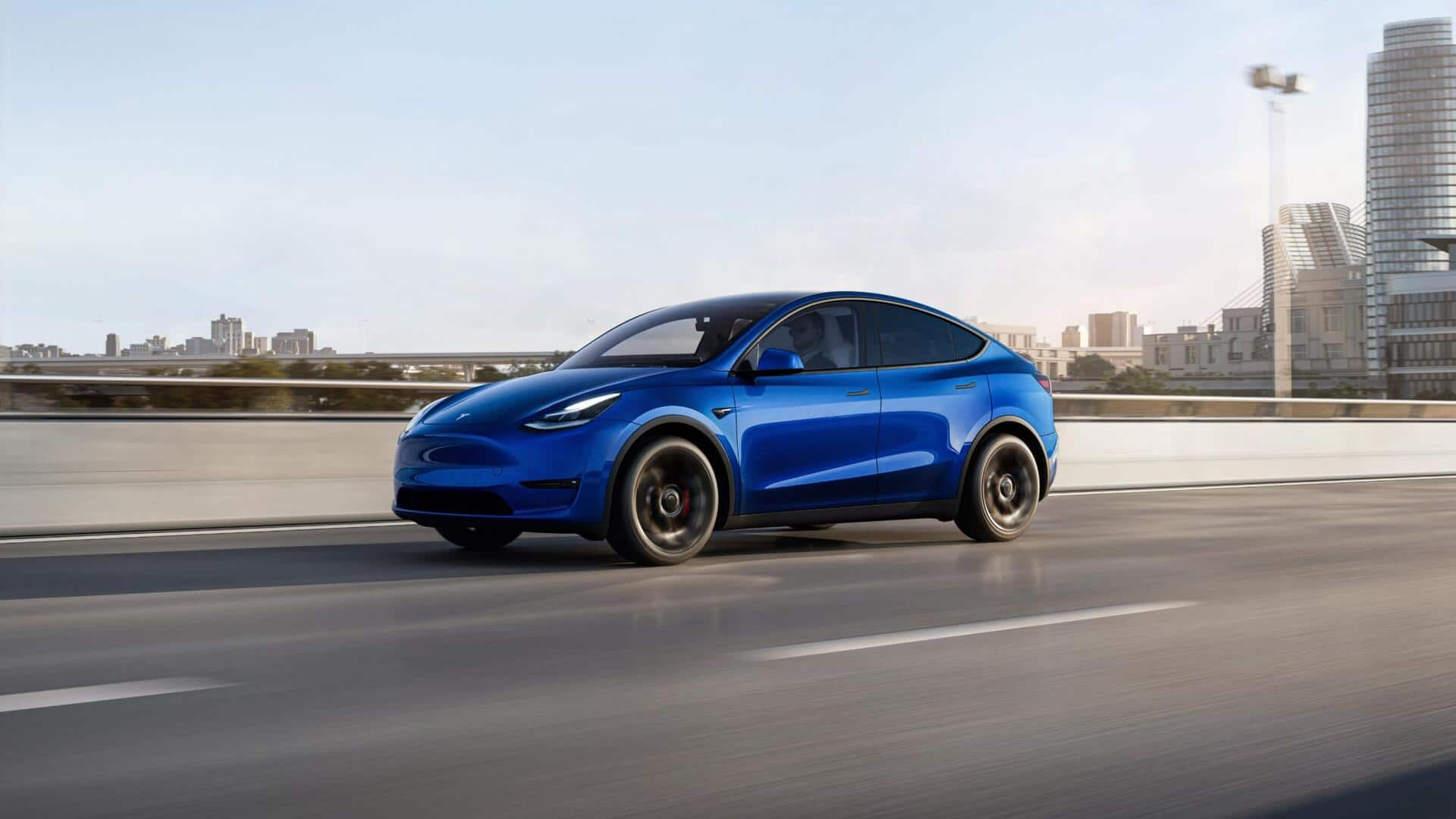
Tesla, Ford, and Mercedes's self-driving systems fail safety tests
What's the story
US-based Insurance Institute for Highway Safety (IIHS) has revealed that most driver-assist systems from leading automakers have failed to meet safety standards. IIHS, a 65-year-old non-profit automotive safety watchdog, tested 14 such systems and found only one to be satisfactory. Notably, Tesla's Autopilot and Full Self-Driving programs did not score highly in these tests. Ford's BlueCruise and Volvo's Pilot Assist were among other systems that received poor ratings as well.
Results of safety test
Lexus's system passed IIHS's safety tests
Lexus's Teammate was the only system to receive an 'acceptable' grade, the second-best score in the IIHS's criteria. The remaining systems were rated as either 'marginal' or 'poor.' General Motors's Super Cruise and Nissan's ProPILOT Assist with Navi-link scored marginally, while 11 other systems received the lowest score. Despite poor overall ratings, some automakers performed well in specific categories of the tests. For instance, only GM's Super Cruise and Tesla's Full Self-Driving scored poorly for driver-involved lane changing.
About the test
IIHS encourages safeguards against driver distraction
IIHS emphasizes the importance of safeguards to prevent drivers from becoming distracted or misusing technology. According to IIHS president David Harkey, it's crucial for systems to monitor where the driver is looking and whether their hands are free. None of the tested systems received a high rating for 'driver monitoring.' The rankings aim to encourage automakers to implement these safety measures. Despite poor package deals, some standalone systems like automatic emergency braking have effectively reduced vehicle front-to-rear crashes.
Tesla's marketing strategy
Tesla's marketing practices under scrutiny
Tesla stands out among automakers for its marketing approach. The company's Autopilot and Full Self-Driving systems suggest that drivers are not required to pay attention. This has led to accusations of false advertising by California's Department of Motor Vehicles and investigations by the state attorney general office. Despite this, Tesla CEO Elon Musk maintains that under supervision, the Full Self-Driving system is around four times safer than human driving alone. Most automakers do not market their systems as safety features.